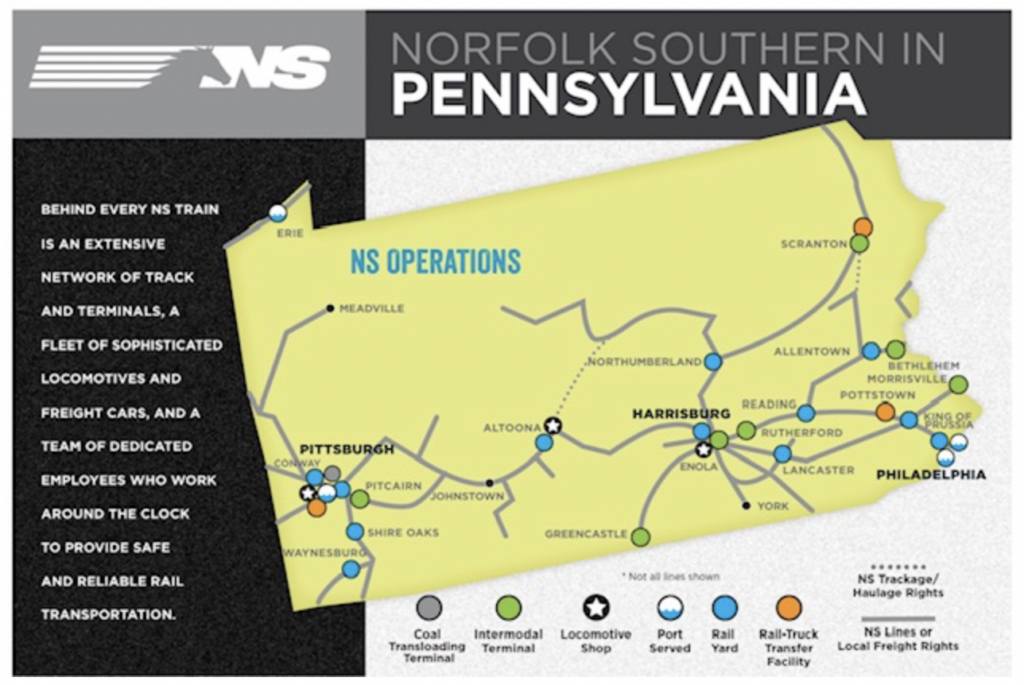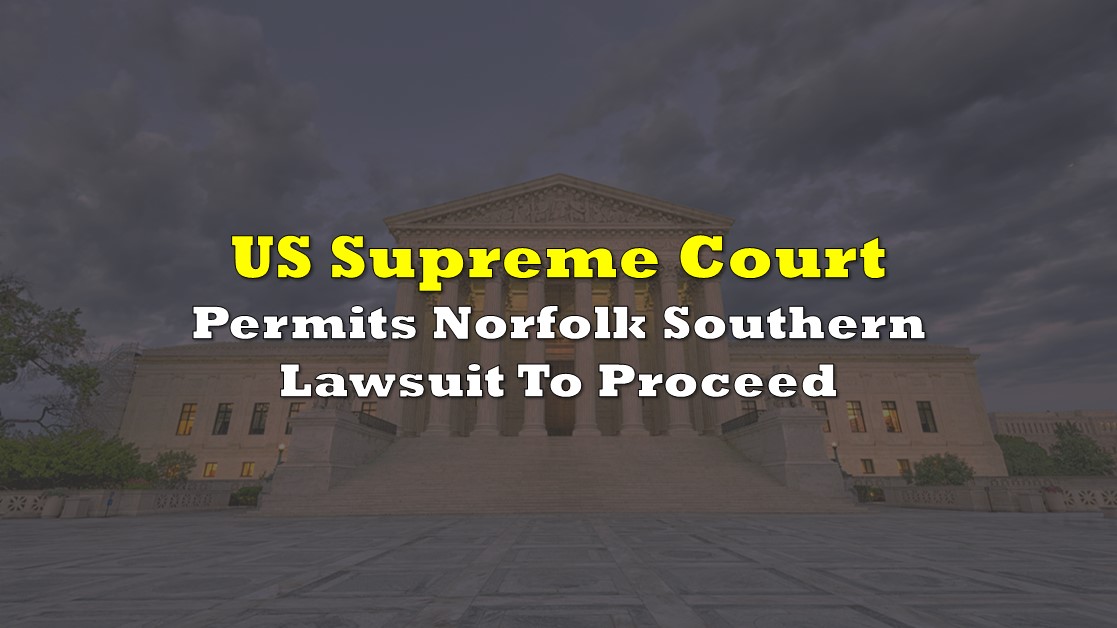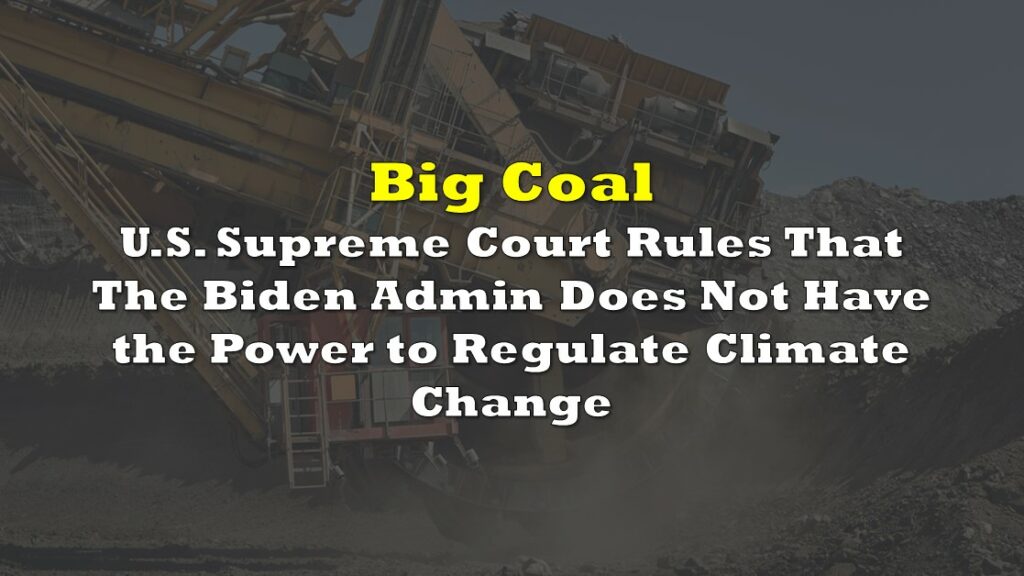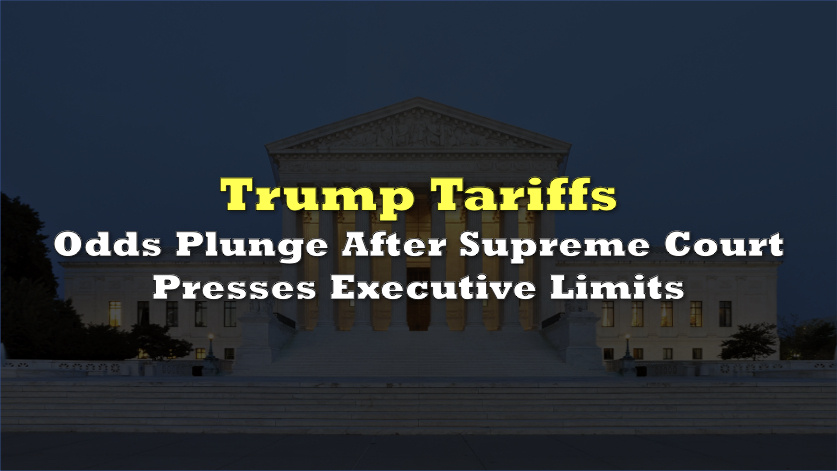The leanings of the U.S. Supreme Court have become increasingly difficult to understand and predict. A good example of this is the Court’s 5-4 ruling on June 27 in Mallory v. Norfolk Southern Railway, No. 21-1168.
Remarkably — particularly for a body consisting of six justices appointed by generally business-friendly Republican presidents — the Court upheld a unique law in the state of Pennsylvania that requires corporations to agree to be sued in the state’s courts by literally anyone for any alleged conduct anywhere in the U.S. as a condition for being permitted to conduct business in the Keystone state. The Supreme Court’s decision goes against its prior decisions which said that a corporation may be sued only in the state in which it is incorporated or headquartered.
The Supreme Court’s decision is clearly not only hostile to businesses conducting any operations in Pennsylvania, but it also lays out a business-negative precedent for another state to follow if its politicians choose.
No state other than Pennsylvania has such a seemingly patently unfair law on its books, although that status could change based on the June 27 ruling. Other states are now free to pass a similar law that could allow an (injured) defendant to “pick” a state which is considered less business friendly as the jurisdiction for his or her lawsuit.
The accuser in this case, Robert Mallory, worked for around 20 years as a freight car mechanic for Norfolk Southern Corporation (NYSE: NSC) in Ohio and Virginia. Mr. Mallory developed cancer due — at least partly, he believes — from spraying boxcar pipes with asbestos and tearing down the interiors of boxcars which contained unnamed carcinogens.
The early February 2023 derailment of a Norfolk Southern train containing toxic chemicals in Palestine, Ohio (near the Pennsylvania border), and the railroad’s decision to burn off some of the train’s hazardous cargo which included dangerous vinyl chloride gas, prompted understandable public health concerns. The national media covered the situation intensely, which in turn prompted Mr. Mallory to file a suit against Norfolk Southern in Pennsylvania, claiming his job with the railroad caused him to contract cancer.
The Court’s 5-4 majority opinion in the Mallory case was written by Justice Neil Gorsuch, a Trump nominee. Justice Gorsuch emphasized the novel Pennsylvania law in his written opinion. Amazingly, he also included the below fact sheet as an exhibit justifying the opinion. The graphic, which appeared on Norfolk Southern’s website, discussed the railroad’s “extensive network of track and terminals” in Pennsylvania.

Information for this briefing was found via the Wall Street Journal, US Supreme Court, and the sources linked within the article. The author has no securities or affiliations related to this organization. Not a recommendation to buy or sell. Always do additional research and consult a professional before purchasing a security. The author holds no licenses.









